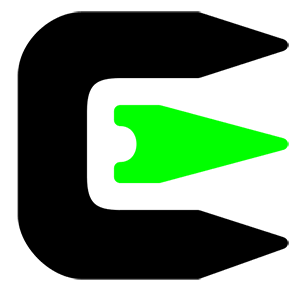Cygwin

Cygwin is a software interface with a look and feel of a Unix environment but is run in the Microsoft Windows operating system. Cygwin facilitates integration between Windows applications and data and Unix-like applications and data. It also provides a command line interface for Windows. It was created by Cygnus Solutions in 1995 and later acquired by Red Hat in 2000. Red Hat continues to update and maintain Cygwin today with the help of NetApp.
Cygwin is designed with two main parts. One part is a DLL (dynamic-link library), which serves as the API (application programming interface) compatibility layer. This DLL provides much of the POSIX (portable operating system interface for Unix) API functionality. The second part is a large set of applications and tools with a look and feel similar to Unix.
These applications and tools include file and system utilities, remote login capabilities, and file compression and archiving. Cygwin software packages are used in Unix-like operating systems, including GNU (GNU's Not Unix) command line tools such as cat, diff, grep, and the bash command shell. They also support programming languages like C++, Fortran, Perl, Python, and Ruby and server and client support. Users have ported other Linux and Unix applications toclass="external" Cygwin, like Apache, GNOME, and X Window System.
Red Hat has kept Cygwin as an open source application, free for public use. Commercial licenses are also available for purchase to users who want to redistribute applications that use the Cygwin library.
Command Line Interface, Linux, Operating System terms, Programming terms, Software terms
